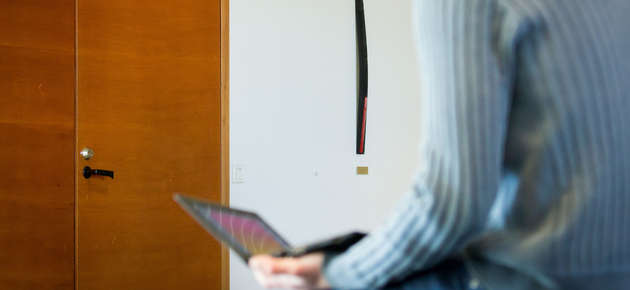Research: New methods for transnational learning


In practice, the field of transnational learning has been dominated by various policy-making institutions, such as the OECD and European Union. They are working through different types of policy instruments and programs such as structural funds, open methods of coordination, as well as international research institutions and networks set up by cooperating national governments working on comparative analysis, benchmarking and indicators.
The book Learning Transnational learning edited and mostly written by the researchers Åge Mariussen and Seija Virkkala at the University of Vaasa lays out a set of methods which can further enhance the experience of transnational learning. It starts with the sociological ideas promoted by Charles Sabel of learning through monitoring, and by Marie Laure Djelic and others of the “translation” of experiences between different countries. Case studies and examples are collected from three fields: industrial development, tourism and local government. More information: http://www.routledge.com/books/details/9780415539890/. The book has been partly financed by EU’s Botnia Atlantica Interreg programme as part of the Botnia Atlantica Institute.